Common Phrases in Job Postings That May Be Biased
- Nov 2, 2022
- 4 min read
Updated: Jan 31, 2024

Trying to build a diverse workforce? Having trouble attracting the right candidates? The issue may lie in the way you’re writing your job postings.
Job descriptions are crucial for companies in attracting top talent. The way a role is presented has immense influence on who decides to apply and who decides to skip over the opportunity. Biased phrases or words — although they may not be purposeful — will turn away potential candidates who might have been the perfect fit. In our article, “Inclusive Job Descriptions and How to Write Them”, located in our DEI Toolkit, we covered important guidelines on how to write a job description that is unbiased and free of unintentional discrimination. Today’s article will expand upon this, explaining specific phrases that are commonly found in job postings but unfortunately play a role in excluding qualified individuals from applying to positions.
Gender Bias
Biased job postings may play a role in exacerbating the gender gap that exists in many male-dominated fields — such as tech, finance, and medicine. While the specific use of “he” or “she” was banned from job descriptions in 1973, gender preferences may still show through with the use of stereotypical words. For instance, words like “dominant,” “superior,” “competitive” have long been associated with male stereotypes whereas “interpersonal,” “understanding,” and “support” have been used with female stereotypes. Creating a job posting that is filled with gendered words may cause the position to look unaccepting of other genders, thus causing more candidates to turn away and not apply.
In a study conducted by the Harvard Kennedy School, researchers found that job “ads using more masculine wording were perceived by women to be less appealing than the same ads using more feminine wording”; similarly, ads “using more masculine wording led women to have a lower sense that they would belong in the position or company than the same ads using more feminine wording” (Harvard Kennedy School). It’s important to note that the inclusion of these subtle words did not cause any change in how individuals perceived their own abilities; rather, it caused a negative impact by creating feelings of an unwelcoming workplace. In order to prevent this, make sure that you’re making the job description as objective as possible, and “try to balance masculine words with feminine ones to convey [...] (the) value (of) a diverse set of skills” (Catalyst).
Below is a list of words that are commonly gendered and could convey biased preferences:
Masculine denotations:
Dominant
Superior
Competitive
Decisive
Boasting
Feminine denotations:
Interpersonal
Supporting
Understanding
Cooperative
Considerate
Racial Bias
Job descriptions are no stranger to outdated phrases with racially motivated origins. Once again, although it might not be the intent of the company to exclude minorities, the reality is that these terms do create feelings of exclusion and cause individuals to not apply for the position. Here are two common phrases in the tech industry that should be avoided when trying to write an inclusive job posting:
“Whitelist” and “Blacklist”
Often used in the cybersecurity space, the terms “whitelist” and “blacklist” have roots in systemic racism and continue to equate white with “good” and black with “bad” (Vice). Big companies like Amazon and Twitter have started using “reject list” or “block list” instead to create a space that is more accepting and acknowledging of individuals from different racial backgrounds. The UK’s National Cyber Security Center (NCSC) wrote, it “only makes sense if you equate white with ‘good, permitted, safe’ and black with ‘bad, dangerous, forbidden,’” and notes that not only are alternatives such as blocklist or denylist not offensive and harmful, it’s also clearer and less ambiguous in language (Vice).
“Brown Bag Session”/”Brown Bag Lunch”
Companies often use these terms to describe learning sessions; however, they are rooted in a history of racism and colorism. The “Brown Paper Bag Test” was “allegedly used to determine certain privileges by comparing a person’s skin tone to a brown paper bag” (Ongig). Thus, in using “brown bag” terms, it allows that problematic past to continue to make a negative impact. Replacing these terms with simply “learning sessions” or “lunch n’ learn sessions” will portray the same ideas (in an even clearer fashion) without the offensive connotations.
Bias Against People with Disabilities
People with disabilities are the largest and most underemployed minority group. Job postings play a heavy role in this as too many focus on how a job is done rather than on the actual goal that needs to be accomplished. For instance, “the ability to talk and hear” or “ability to stoop, kneel, crouch or crawl” are commonly used to “describe job functions that aren’t actually ‘essential’ to the job” (HuffPost). As long as the job and work can be accomplished, how it is done should not be the sole focus.
According to the U.S. Department of Labor, “a warehouse position may require that boxes be stacked on shelves. The essential function of this job is that boxes be stacked, not that a person lift boxes.” In putting in the effort and intention to create a more inclusive job description, employers will play a role in making the workplace more accessible for people with disabilities.
Job postings are the first window into the company for job seekers. It’s important to not waste the opportunity by including biased and discriminatory phrases. Sedna’s goal is to create a more equitable tech industry, one that everyone — no matter their background — can contribute to. Explore our DEI Toolkit to learn more about our values.
Sources:





Comments